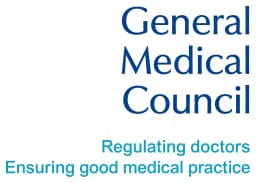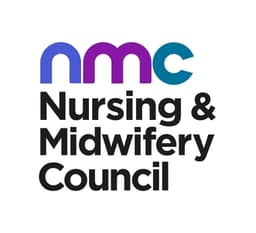Private Sexual Health Clinic London
Same-day STD testing results available
We offer confidential STI and sexual health screening with fast results and professional medical care in South Kensington, London. Our private sexual health clinic offers discreet, same-day or next-day appointments without a GP referral, in a comfortable and confidential clinical environment.
Full STI Screen
from £137
Most results from
24 hours

5K+
Happy Patients
24-48h
Results
4.9★
Rating
Comprehensive STI & Sexual Health Testing Services
We offer testing for all common sexually transmitted infections (STIs).
Pricing & Value Transparency
We provide clear pricing with no hidden costs:
- Individual STI tests: from £65
- Full STI Screen packages: from £137
All prices include sample collection and a written laboratory result.
Before booking, a detailed price list will be provided so you know exactly what to expect.
What Happens After Your Test
If your results are positive:
You will receive a written physical examination report issued by a registered nurse, with laboratory results provided separately.
The report will clearly present your test results without clinical interpretation or diagnosis.
If required, you may choose to share your results with a GP or sexual health clinic for treatment or further medical advice.
Information on accessing appropriate external care can be provided on request.
This approach ensures you receive accurate laboratory results promptly, allowing you to seek appropriate medical care without delay if needed.
When to Get Tested
You should consider testing if you:
- Have had unprotected sex
- Have new or multiple partners
- Experience symptoms (e.g. unusual discharge, pain, sores)
- Seek reassurance after potential exposure
- Want routine screening for peace of mind
Window Periods
Different infections become detectable at different intervals:
- Chlamydia/Gonorrhoea: from ~2 weeks
- HIV (4th generation): from ~28 days
- Syphilis: from ~21 days
Testing windows are based on laboratory detection timelines. If you are unsure when to test, you may choose to seek advice from a GP or sexual health clinic.
Prevention & Sexual Wellness
This service focuses on confidential laboratory testing. Preventive advice, vaccinations, and ongoing sexual health guidance are provided through GP or specialist sexual health services.
Routine screening remains an important part of maintaining sexual health awareness.
Why Choose Our Private Sexual Health Clinic
100% Confidential & Discreet
Fast, Accurate Results
Nurse-Led Appointments & Flexible Scheduling
Trusted & CQC-Registered Clinic
Clinic Location & Convenience
South Kensington Medical & Dental
20 Old Brompton Road
South Kensington, London SW7 3DL
We are open 7 days a week, including Sundays (10:00–16:00), and conveniently located near South Kensington Underground.
Loading tests...
Private STI Tests Available
Comprehensive testing for all common sexually transmitted infections
HIV Test
4th gen antibody/antigen
Results: 1-3 days
Chlamydia
PCR urine or swab test
Results: 1-3 days
Gonorrhoea
PCR urine or swab test
Results: 1-3 days
Syphilis
Blood antibody test
Results: 1-3 days
Herpes (HSV)
Type 1 & 2 blood test
Results: 5-14 days
Hepatitis B
Surface antigen test
Results: 1-3 days
Hepatitis C
Antibody blood test
Results: 1-3 days
Full STI Screen
All tests combined
Results: 3-14 days
FAQs
Is private STI testing confidential?
Do I need a GP referral?
How long will results take?
Can I walk in without booking?
How much does a private STI test cost in London?
When should I get tested after potential exposure?
Book Your Private STI Test Online
Confidential testing at our South Kensington clinic. Book online in minutes.
Meet Our Medical Team
Our experienced medical team is fully qualified and registered with the GMC and NMC, delivering safe, high-quality care in line with the highest professional standards.
Because our patients deserve nothing less.
Registered. Regulated. Trusted.
At South Kensington Medical & Dental, we are fully registered with the Care Quality Commission (CQC) and our clinicians are registered with the relevant UK regulatory bodies, including the GDC and GMC. Our dentists, dental nurses and medical professionals deliver care that meets the highest clinical, safety and ethical standards, because our patients deserve nothing less.





